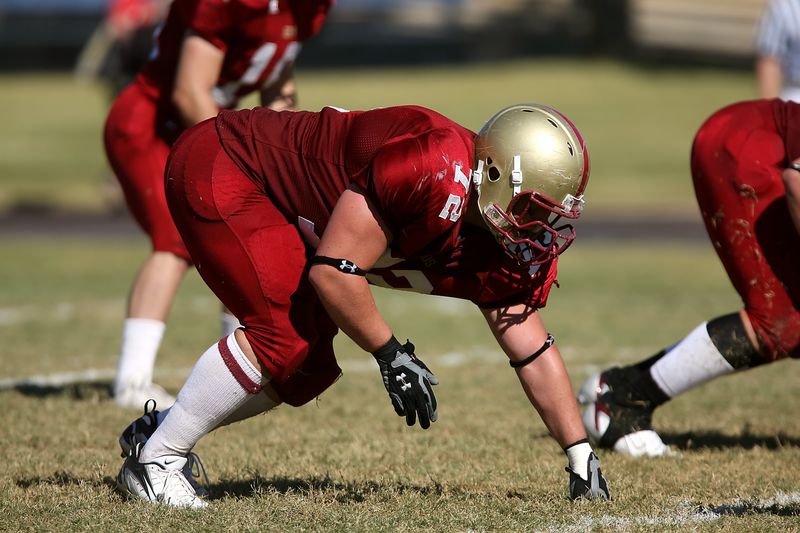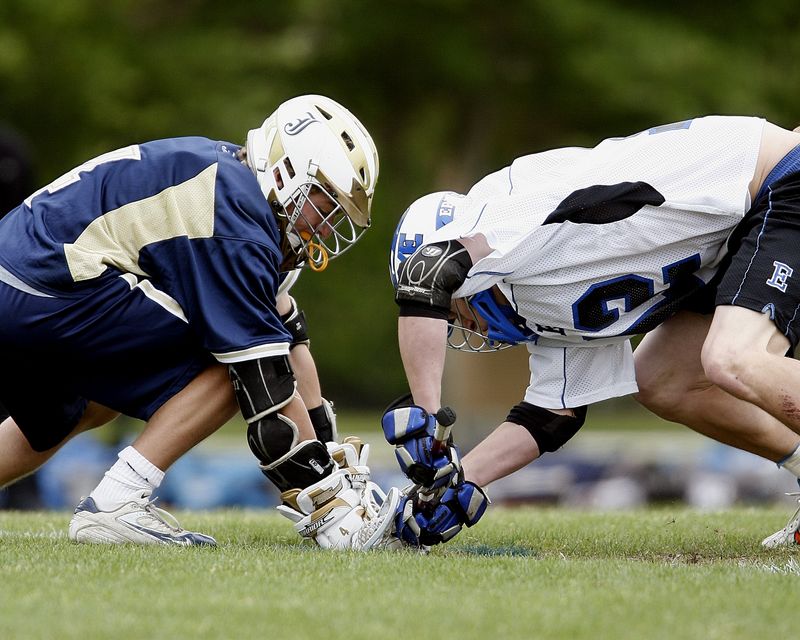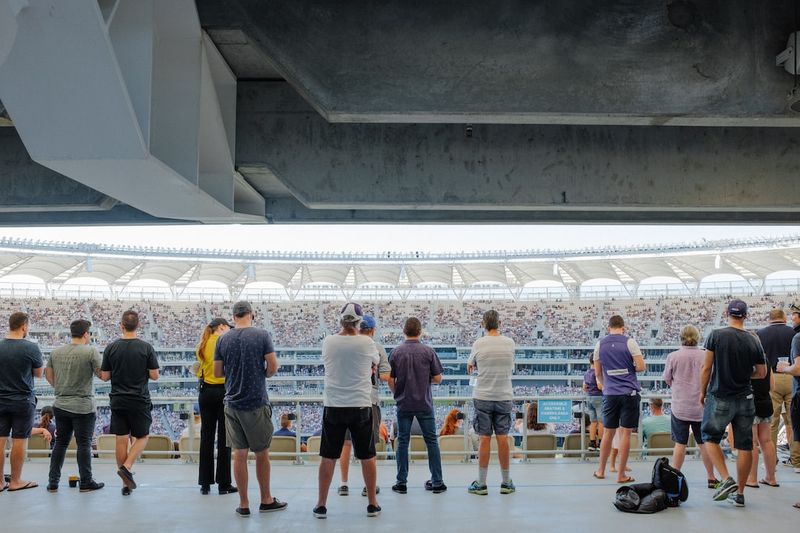All Blacks v Springboks: A Clash of Styles and Bodies
The Long-Awaited Showdown
In what promises to be an exhilarating clash, the All Blacks and the Springboks are set to face off in New Zealand after a four-year hiatus. This battle between the two rugby powerhouses not only represents a clash of styles and physicality but also reflects the changes in both nations, both on and off the field.
The Springboks, true to tradition, unveiled their side early in the week, generating much anticipation among fans. The inclusion of Malcolm Marx, RG Snyman, Pieter-Steph du Toit, and Duane Vermuelen in the lineup has sparked excitement on social media. However, it is important to note that relying heavily on pre-planned substitutions proved disastrous for the Springboks in their previous encounter with the All Blacks at Ellis Park.
On the other hand, the All Blacks have made an intriguing selection, with Richie Mo’unga returning as the first five and Will Jordan reclaiming his spot on the wing. The decision to bring back Mo’unga raises questions about Damian McKenzie’s status as the frontrunner, a mystery that may only be solved after The Rugby Championship.
One puzzling choice by the All Blacks is Caleb Clarke’s placement on the bench, which marks the first time he will don a high jersey number. With his limited utility value, this puts a significant amount of pressure on Braydon Ennor should injuries start to mount. Nonetheless, this match is shaping up to be the most crucial test for both teams before the World Cup, as it will not only decide the outcome of The Rugby Championship but also validate the effectiveness of the winning side’s elite program.
Different Approaches, Same Goal
In terms of team management, the All Blacks continue to follow their well-established practices. Ian Foster remains the coach, possessing full control over the team and the ability to dictate the playing time of his players in Super Rugby. Only players based in New Zealand and contracted to NZR are eligible for selection, allowing for meticulous micromanagement.
In contrast, the Springboks have taken a different route under the guidance of coach Jacques Nienaber and Director of Rugby Rassie Erasmus. The outspoken Erasmus, though not in the official coaching role, has used his position to express his thoughts on refereeing and challenge the conduct of team staff. This has ignited a sense of identity within Springbok fans, who view Erasmus as a voice for their frustrations, despite being the reigning world champions.
One significant departure in approach lies in the Springboks‘ openness to selection eligibility. Almost half of their team consists of players affiliated with overseas clubs, provinces, and Japanese company teams, a practice that NZR has been eager to avoid. While factors such as financial considerations play a role in South African players moving offshore, the Springboks have managed to assemble a strong team from around the world, as demonstrated by their recent victory over the Wallabies. Their success in this regard begs the question: would a Springbok win compel NZR to reconsider their coaching structure and eligibility policies?
While it is unlikely that seismic changes will be made in response to a single defeat, a second consecutive World Cup triumph for Siya Kolisi and his team could intensify discussions on these issues.
Editorial: The Philosophy of Rugby
The clash between the All Blacks and the Springboks goes beyond the physical spectacle of 80 minutes of rugby. It embodies the differing philosophies and approaches that each team brings to the game.
For the All Blacks, rugby is not simply a game; it is a way of life deeply ingrained in New Zealand’s fabric. The strong emphasis on homegrown talent and strict eligibility criteria reflects their commitment to nurturing local players and preserving the integrity of their domestic competitions. The All Blacks’ aura of invincibility and their record as the most successful team in rugby history stem from this deeply entrenched rugby culture.
In contrast, the Springboks‘ embrace of players plying their trade abroad speaks to a different philosophy. Their approach recognizes that rugby, like any professional sport, must adapt to the realities of a globalized world, where financial considerations and overseas opportunities can shape player choices. By actively welcoming and integrating overseas-based players, the Springboks have managed to assemble a formidable team, capable of challenging the best in the world.
Both approaches have their merits and raise philosophical questions about the essence and future direction of rugby. Does the All Blacks’ adherence to their traditional values ensure the preservation of rugby‘s purity and authenticity? Or does the Springboks‘ openness to international talent enhance the competitiveness and global reach of the sport? These are questions that rugby administrators, coaches, and fans worldwide will continue to grapple with in the years to come.
Advice for the Future
As rugby enthusiasts eagerly await the showdown between the All Blacks and the Springboks, it is important to appreciate the significance of this match beyond the final score. The clash of styles and approaches represents a pivotal moment in the ongoing philosophical debate surrounding the sport.
To fully embrace the richness and diversity of rugby, it is vital for administrators to find a delicate balance between tradition and innovation. While the All Blacks’ approach is built on a solid foundation of domestic development, they must also recognize the value that international talent can bring to the team.
Conversely, the Springboks‘ success in blending local and overseas-based players should serve as a catalyst for other nations to reassess their own selection policies. Maintaining a close connection with one’s domestic leagues should not preclude the inclusion of talented players who have chosen to ply their trade abroad.
In the end, the All Blacks v Springboks clash should inspire rugby nations to reflect on their own philosophies and approaches. It is through these thoughtful discussions and respectful debates that the sport can continue to evolve, captivate audiences, and showcase the best of what rugby has to offer.

<< photo by Pixabay >>
The image is for illustrative purposes only and does not depict the actual situation.
You might want to read !
- Tracing the Ripple Effect: Live Updates on NSW Cup Round 20
- “The Battle Down Under: NSW Cup Round 20 Leaves Knights Reeling”
- “India’s Ambitious Voyage: Chandrayaan-3 Sets Sail to Touch the Stars”
- Dominant Display: All Blacks XV Leave an Impression in Tokyo
- “Ruthless All Blacks XV Dominate Japan XV with Five Tries in Convincing Win”
- Wallabies Warriors vs. All Blacks Crusaders: Super Rugby Pacific Grand Final – Live Commentary and Analysis
- Freakin’ Rican No More: Remembering the Legacy of Bodybuilding Star Gustavo Badell
- Striking a Chord: Lizzo Opens Up About the Alleged Feud with Swift Down Under
- “Indigenous Origin Stars Shine Bright: Walker and Addo-Carr Illuminate Golden Era”
- “Australian Eyes on the Moon: India’s Groundbreaking Chandrayaan-3 Mission”
- “Groovin’ with Lizzo: A Spectacular Recap of the Perth RAC Arena Concert”
- Fowler’s Fiery Performance Ignites Australia’s Victory over France in World Cup Warmup
- “No Holds Barred: Controversial World Cup Warm-Up Match Abandoned Amidst Excessive Aggression”
- Battle of the Titans: Ons Jabeur Seizes Redemption by Toppling Elena Rybakina in Thrilling Rematch
- “Seamus Power’s Open chances jeopardized as he pulls out of Scottish Open due to hip injury”




